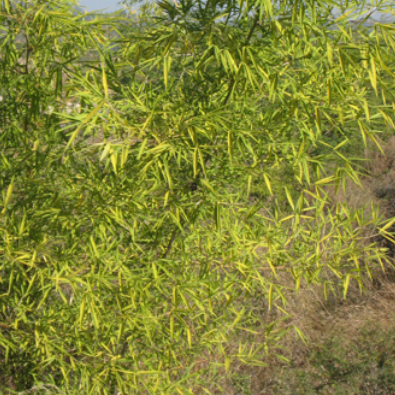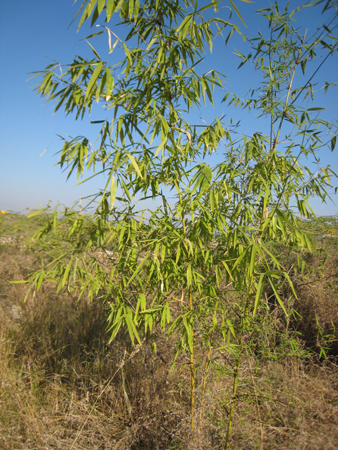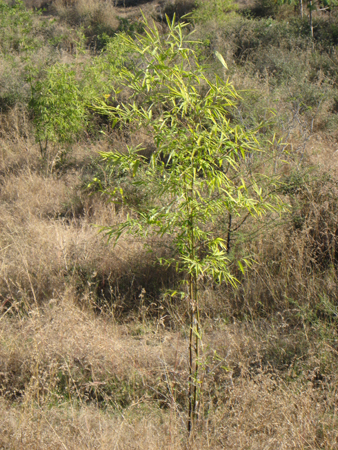










Project Target
0% Remaining
89,990
Trees Planted out of 89,990 Trees

Project Location:
Plantation of 89,990 trees in the community lands villages of Borawali Madri, Dhol, Kamol, Tegra, Karech, Thadi Beri and Dhimdi in Udaipur, Rajasthan, India
Project Aim
Ecotourism in Rajasthan: Prospects and Perspectives by Shailja Sharma et al., states that development of ecotourism will lead to the creation of jobs, development of infrastructure and develop all the small industries in the tourism sector. The World Bank in its article Sustaining Forests and Livelihoods in a Changing World highlights the role of trees in absorbing greenhouse gases and protection from floods and landslides. The trees contribute to sustainable food production resulting in poverty alleviation and most importantly it stresses the acute water shortage that will be witnessed in the near future. It says by 2025, 2.4 billion people will live in countries unable to provide sufficient water for basic health, agriculture, and commercial needs. The tree cover protects the soil from wind and water erosion, thereby preventing topsoil loss. The article, ‘Investigating the effects of afforestation on soil erosion and sediment mobilisation in two small catchments in Southern Italy’ by Paolo Porto et al. show that areas with discontinuous tree cover suffer from constant soil loss. Thus by saving soil loss, sequestering carbon and reviving the water table, trees help in agriculture, as observed by S.C. Cunningham, in the article, Balancing the environmental benefits of reforestation in agricultural regions.
The tree species which are planted here include bamboo (Bambusa vulgaris), Jamun (Syzygium cumini), karanj (Millettia pinnata), khair(Senegalia catechu), siris(Albizia lebbeck), imli(Tamarindus indica) and mahua(Madhuca longifolia).
The bird and animal species include golden oriole, grey pigeon, bulbul, red spurfowl, grey junglefowl, leopard, hare, and jungle cat.
Bamboo (Bambusa Vulgaris), Jambul (Syzygium Cumini), Karanj (Millettia Pinnata), Khair(Senegalia Catechu), Siris(Albizia Lebbeck), Imli(Tamarindus Indica) And Mahua(Madhuca Longifolia)
This project positively impacts the lives of 3500 villagers (almost 650 households). Due to their primal dependence on forests the community actively participates in the regeneration of the forests with the help of their traditional knowledge. The trees planted contribute in soil and water conservation, improve farm productivity, provide economic returns with the help of non-timber forest products along with conservation of the local faunal habitat. It also helps in groundwater management and topsoil management thereby contributing to agriculture. Ecotourism is also benefited from the plantation and thus generates livelihoods. Disasters like flood and soil erosion rampant in the Rajasthan desert are also prevented by the plantation of the trees.
Social Impact of Growing Trees
Community Engagement
Tree planting initiatives often involve local communities, which can lead to greater community cohesion.
Ecological Education
Provides opportunities for community members, especially children, about the importance of environmental sustainability.
Urban Beautification
Trees contribute to the aesthetic enhancement of urban areas, making cities more pleasant and liveable.
Climate Resilience
By improving green cover, tree planting helps make communities more resilient against climate impacts like heatwaves.
Employment Creation
Planting trees creates employment for local community members like planting and maintenance, administrative roles, and more long-term jobs in management.
Wildlife Habitat
Trees provide critical habitats for various species of wildlife. Enhancing tree cover helps preserve biodiversity, which can be an ecological boon for local communities
Copyrights @ 2025 All rights reserved by Pangea EcoNetAssets Pvt Ltd.